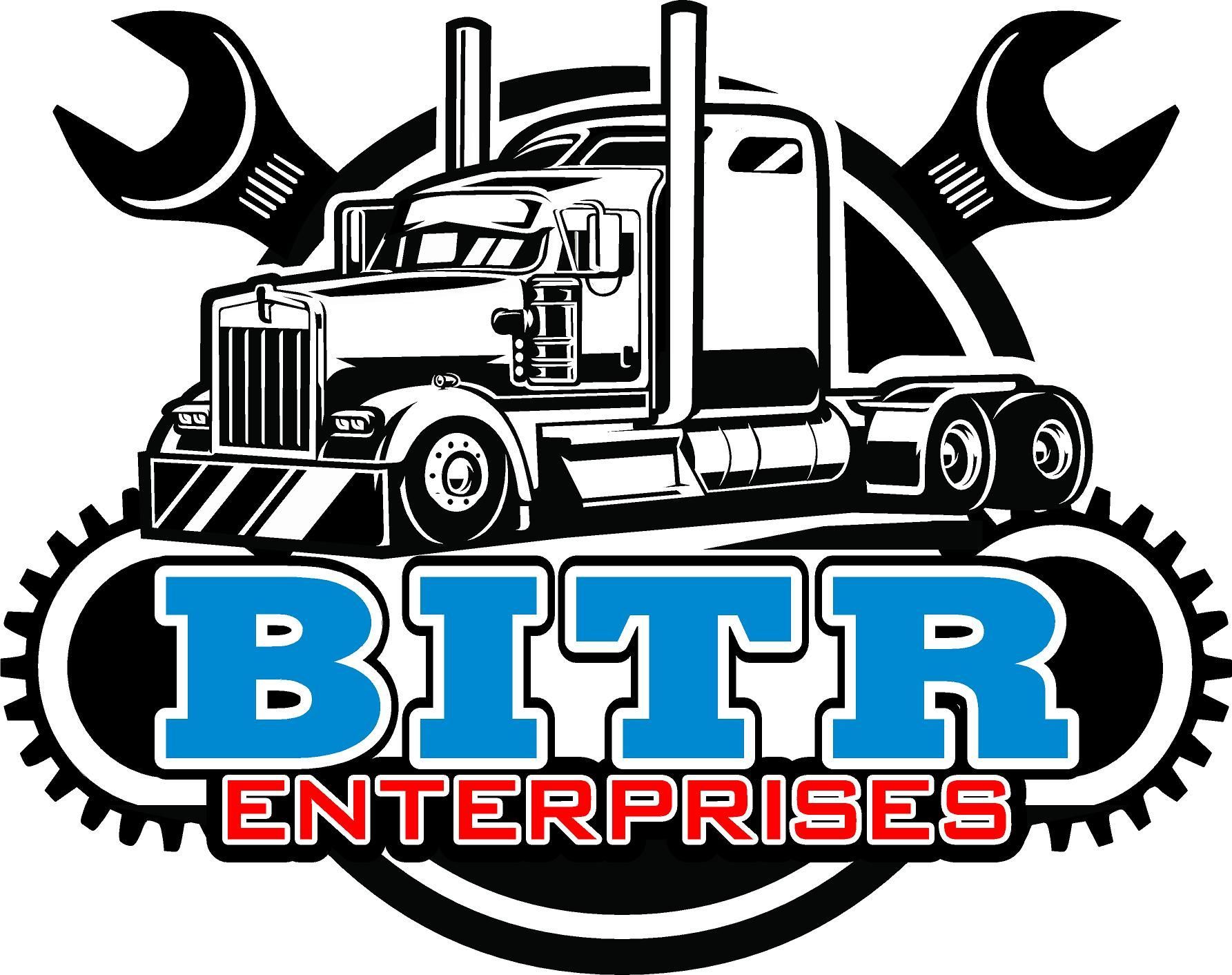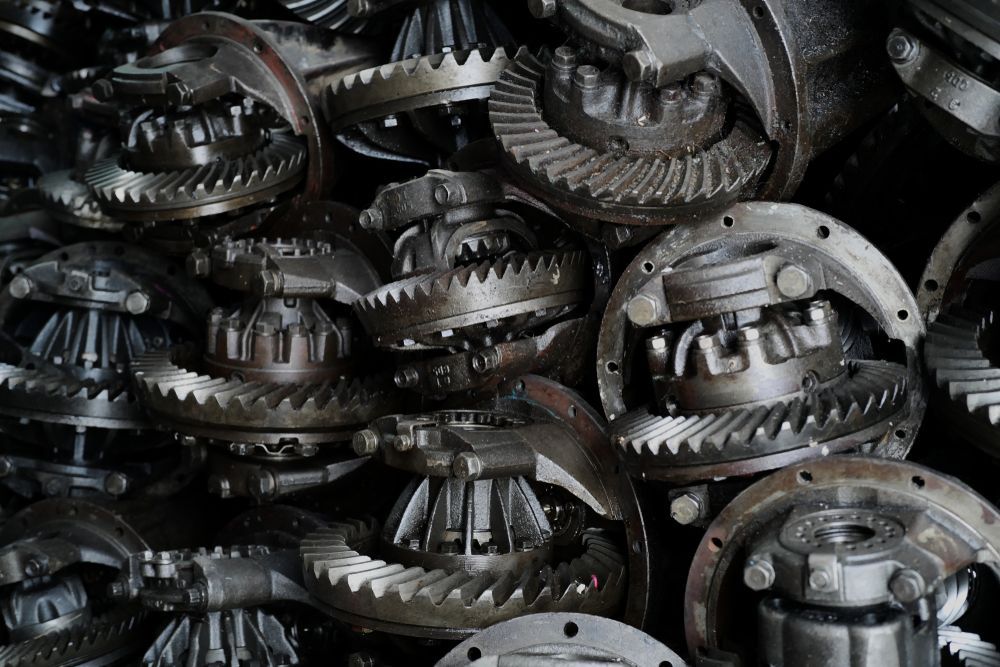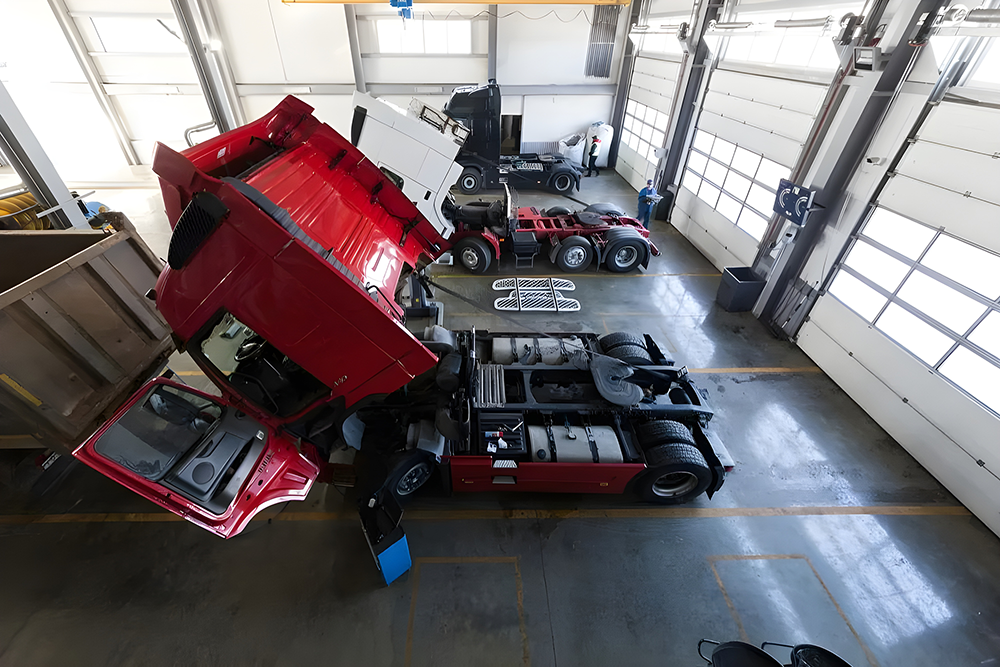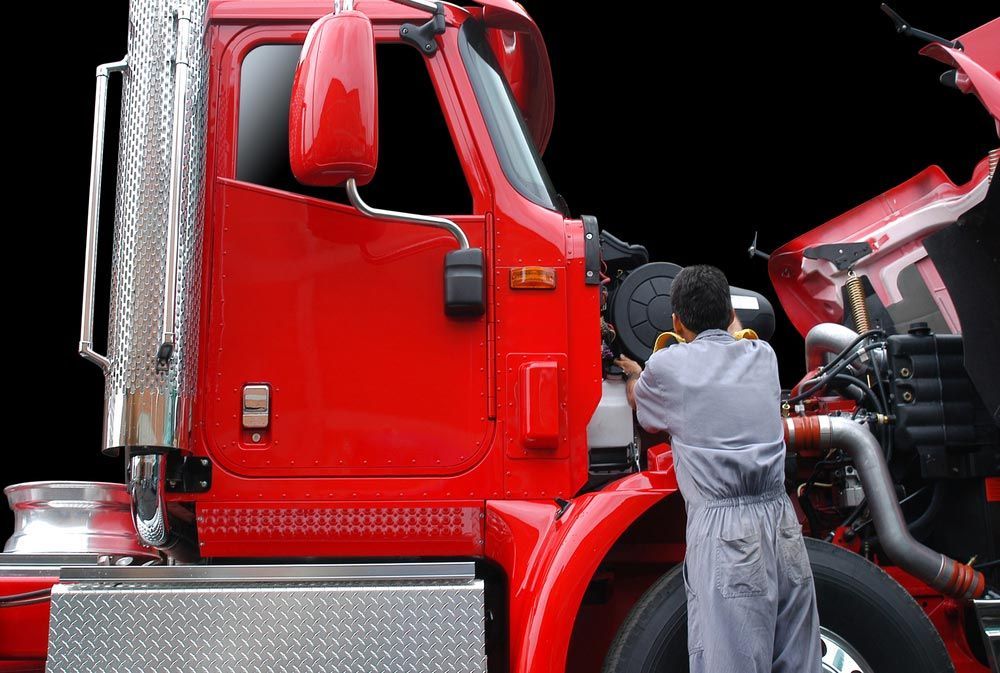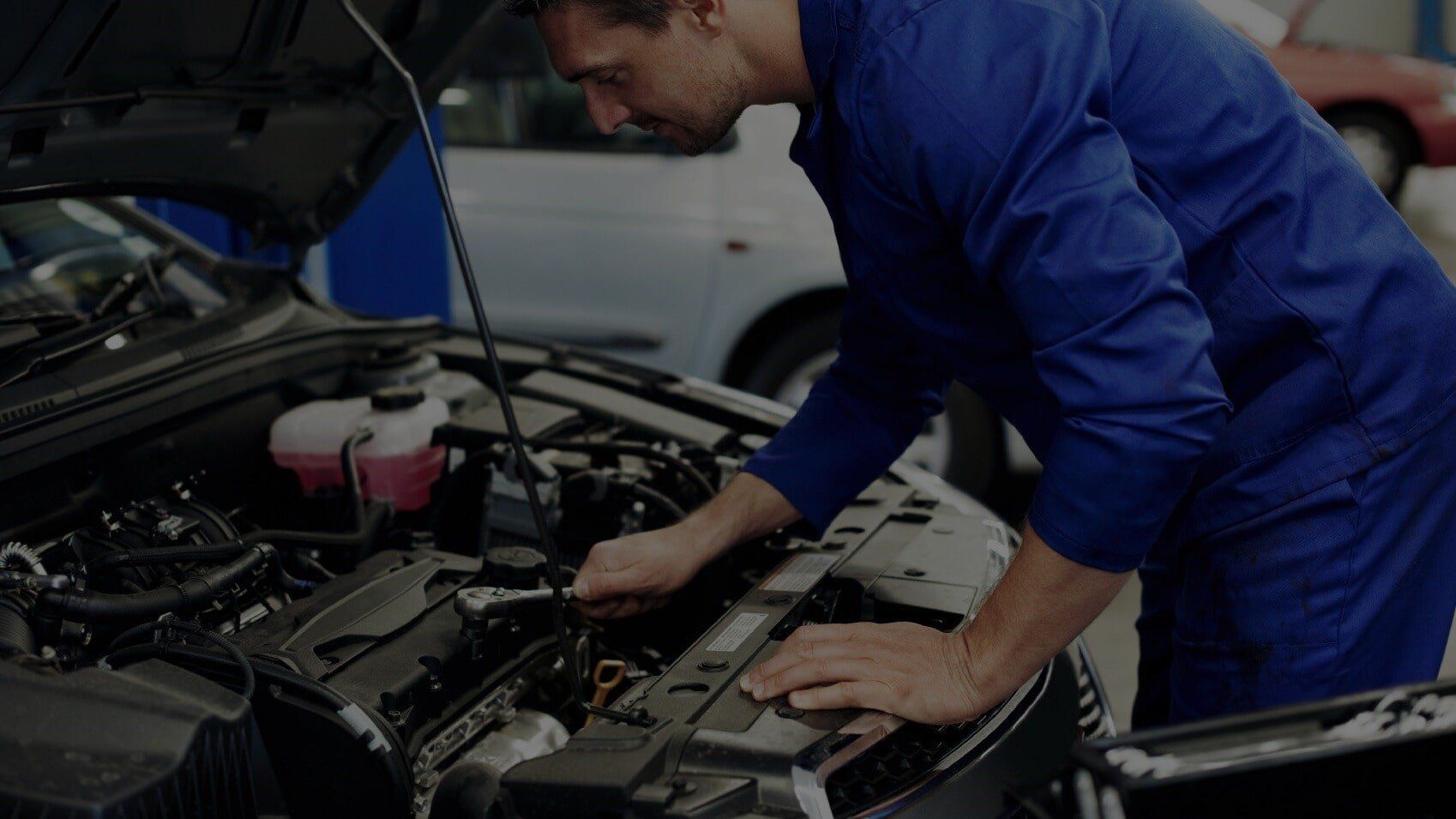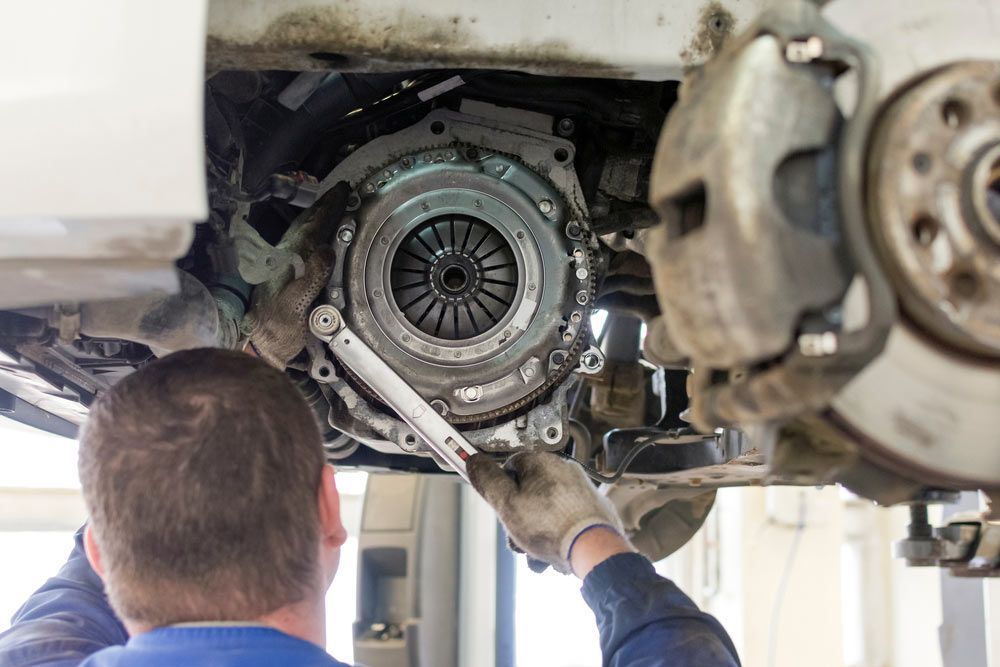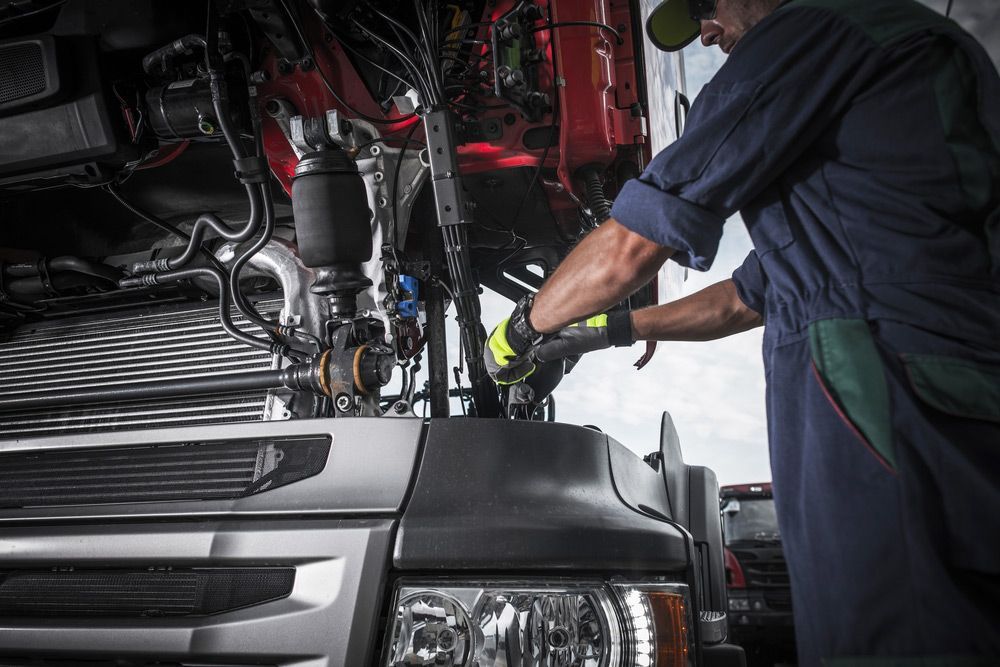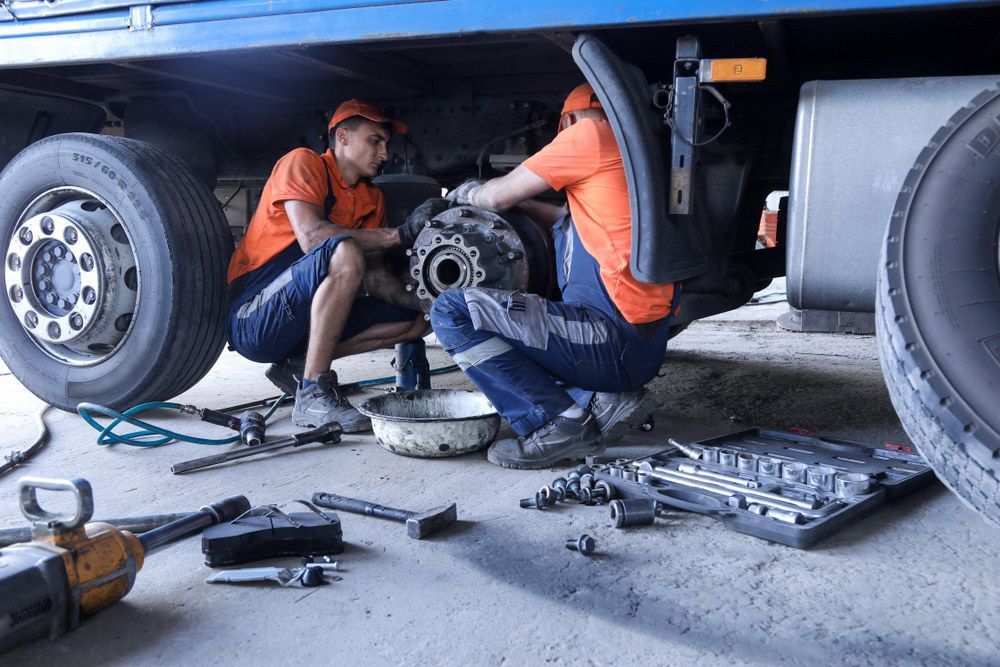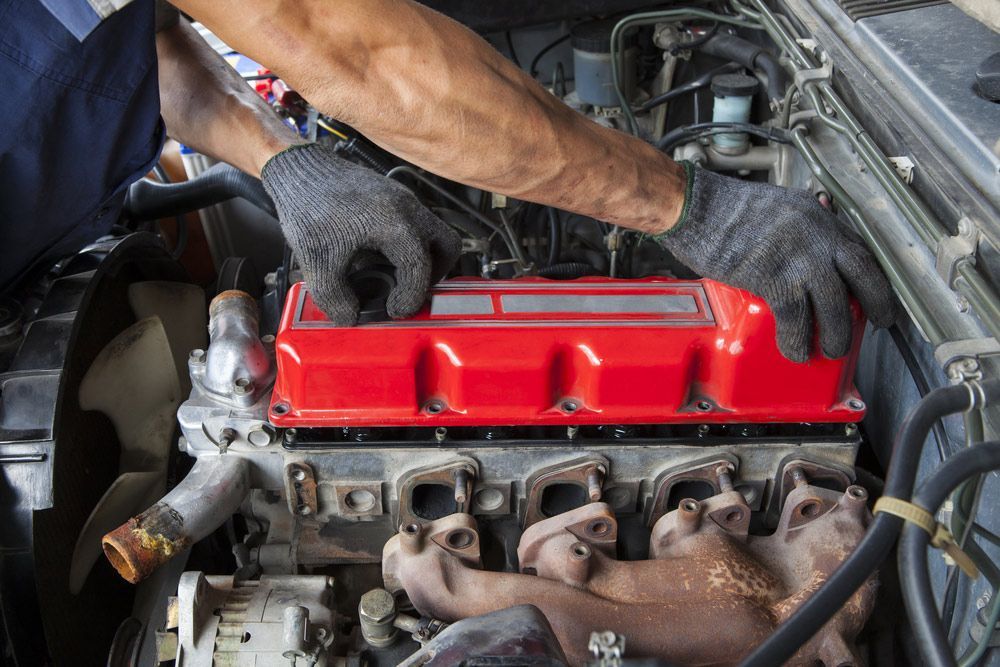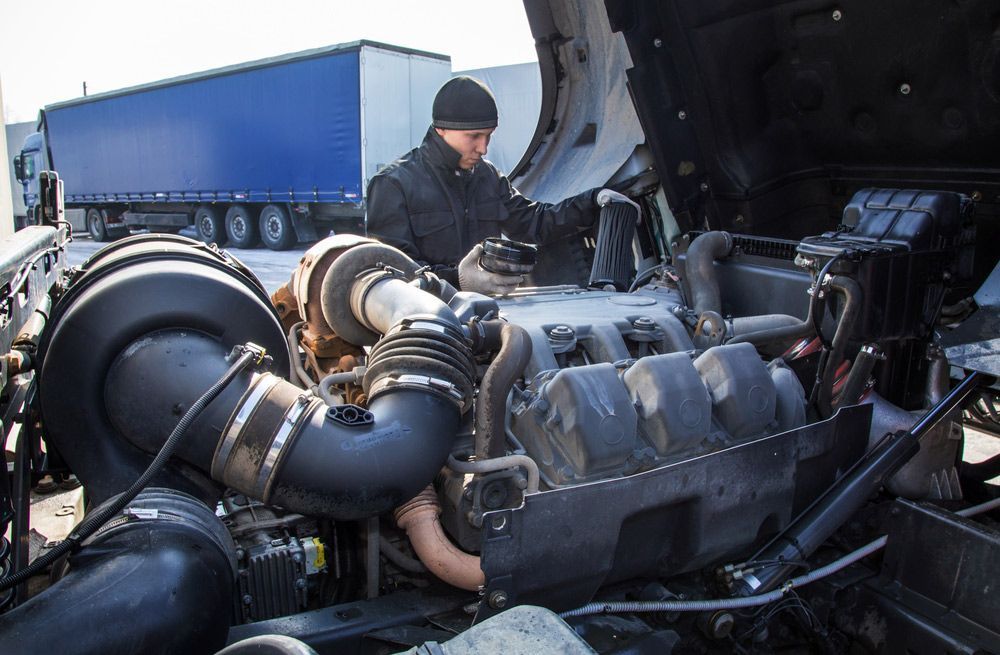Which Wheels Are Best For Your Fleet?
June 21, 2022
Which Wheels Are Best For Your Fleet?
The type of wheels used by your fleet might not seem that important, but it actually has a great bearing on performance, efficiency and safety. These days, fleets need to consider many aspects when choosing wheels, such as their weight, their cost to maintain, and any new technologies or features they might have. Not sure which wheels are right for your fleet? Read on for our helpful suggestions.
Lighter and More Fuel-efficient
It’s estimated that technologies used to reduce wheel weight actually help save 0.5% to 0.6% of fuel per 1,000 pounds of weight reduced. Truck maintenance managers usually find that transferring from steel to aluminium wheels helps reduce overall weight. Some aluminium models have reduced their weight by up to 14 pounds per wheel, while also increasing their load rating at the same time. This has been especially important with the rise in electric-powered vehicles, whose heavy batteries mandate reducing weight in other areas.
In the case of bulk haulers, however, this offset doesn’t necessarily ring true. These fleets tend to replace the weight saved with more product and this ends up motivating their choices when it comes to wheels.
In the case of bulk haulers, however, this offset doesn’t necessarily ring true. These fleets tend to replace the weight saved with more product and this ends up motivating their choices when it comes to wheels.
Materials Used
Elements and materials used to maintain performance are crucial factors when considering wheels for your fleet. In the case of industrial corporation Alcoa, the development of a two-air-stem wheel designed for tyre pressure monitoring systems (TPMS) has meant improved safety and durability. Valve stem caps are essential when connecting a tyre to the TPMS. The two-air-stem feature of these tyres means one stem can be used for the TPMS and the other for inflating or deflating the tyre, therefore limiting the chance of damage.
Costs
Aluminium wheels are increasingly more popular for their lighter weight, improved maintenance and aesthetic appearance. Like steel wheels, however, their cost has also risen dramatically as the pandemic has caused the prices of raw materials to fluctuate.
The market share between aluminium and steel depends on the vehicle class and the part where the wheel will be used. For example, a Class 8 tractor might use wheels comprised of 80% aluminium and 20% steel, while on trailers the numbers are reversed, and in bulk haulers the use of aluminium is maximised to increase payback.
Fleets are often given the opportunity to test different products and evaluate their particular features, including life, image advancement, corrosion reduction and maintenance. The final choice will often depend on what your fleet values and prioritises.
The market share between aluminium and steel depends on the vehicle class and the part where the wheel will be used. For example, a Class 8 tractor might use wheels comprised of 80% aluminium and 20% steel, while on trailers the numbers are reversed, and in bulk haulers the use of aluminium is maximised to increase payback.
Fleets are often given the opportunity to test different products and evaluate their particular features, including life, image advancement, corrosion reduction and maintenance. The final choice will often depend on what your fleet values and prioritises.
Choose BITR Enterprises for All Your Truck and Trailer Needs
For quality truck and trailer servicing, choose
BITR Enterprises. Our friendly, experienced team is on hand to assist with breakdowns, warranty claims, maintenance work and more. And if you’re in an emergency, don’t panic – we’ve got you covered with our 24/7 technicians. We proudly service our many valued clients directly from our workshop in Unanderra and via our mobile fleet covering a range of locations. Come and visit us in person or
contact us
on
02 4231 4143.
